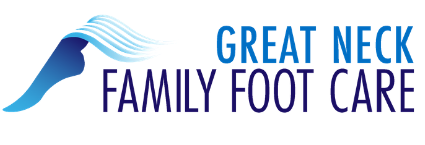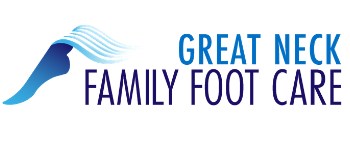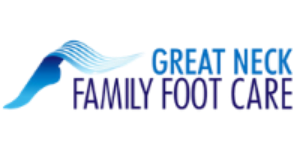27 Oct Achilles Tendonitis: A Common Sports Injury
The Achilles tendon stretches from the bones in your heel up to your calf muscles. It is one of the longest tendons in the body, and also one of the most frequently injured. Sudden or excessive force on the Achilles tendon can cause inflammation and pain and the condition known as Achilles Tendonitis.
What Causes Achilles Tendonitis?
Achilles tendonitis strikes both professional and amateur athletes and can be caused by the following:
- Abruptly increasing your physical activity—for example, if you up your run from 2 miles to 6 instead of gradually working up to it
- Structural problems with your feet—people with flat feet or fallen arches are more likely to over stretch the tendon
- Overuse of the tendon—the Achilles tendon is what enables you to extend your foot and point your toes toward the floor. Sports and activities that involve use of the Achilles tendon include: football, softball, baseball, basketball, running, volleyball, tennis, gymnastics, and dance
- Wearing high heels—this positions the foot in a way that stresses the tendon when you walk
Symptoms
If you have Achilles Tendonitis, the most obvious symptom is pain in the area above your heel that is especially noticeable when you are standing on your toes or stretching your ankle. The pain may start out as intermittent and mild and gradually worsen over time. You may also experience swelling around the tendon. It may be stiff and tender to the touch. At Great Neck Family Foot Care, our board certified podiatrists, Dr. Alec Hochstein and Dr. Diana Gagliano will assess your condition by conducting a complete exam of your foot and ankle. The foot doctor will check the range of motion of your foot and may ask you to run or walk to better evaluate the state of the tendon. In some cases, other diagnostic tests, such as x-rays or MRIs may be ordered.
Treatment
The treatment for Achilles tendonitis focuses on relieving the symptoms and preventing the tendonitis from reoccurring. Depending on your specific condition, the podiatrist may suggest over-the–counter pain medication and icing to relieve pain and inflammation. Immobilizing the tendon to rest it and allow the inflammation to go down may also be recommended. Treatment options aimed at minimizing the stress placed on the Achilles tendon include exercises and physical therapy to strengthen the tendon and surrounding muscles and orthotics to relieve pressure and strain.
If you think you may have an issue with your Achilles tendon, contact our Great Neck office and set up a consultation at your soonest convenience.





Sorry, the comment form is closed at this time.